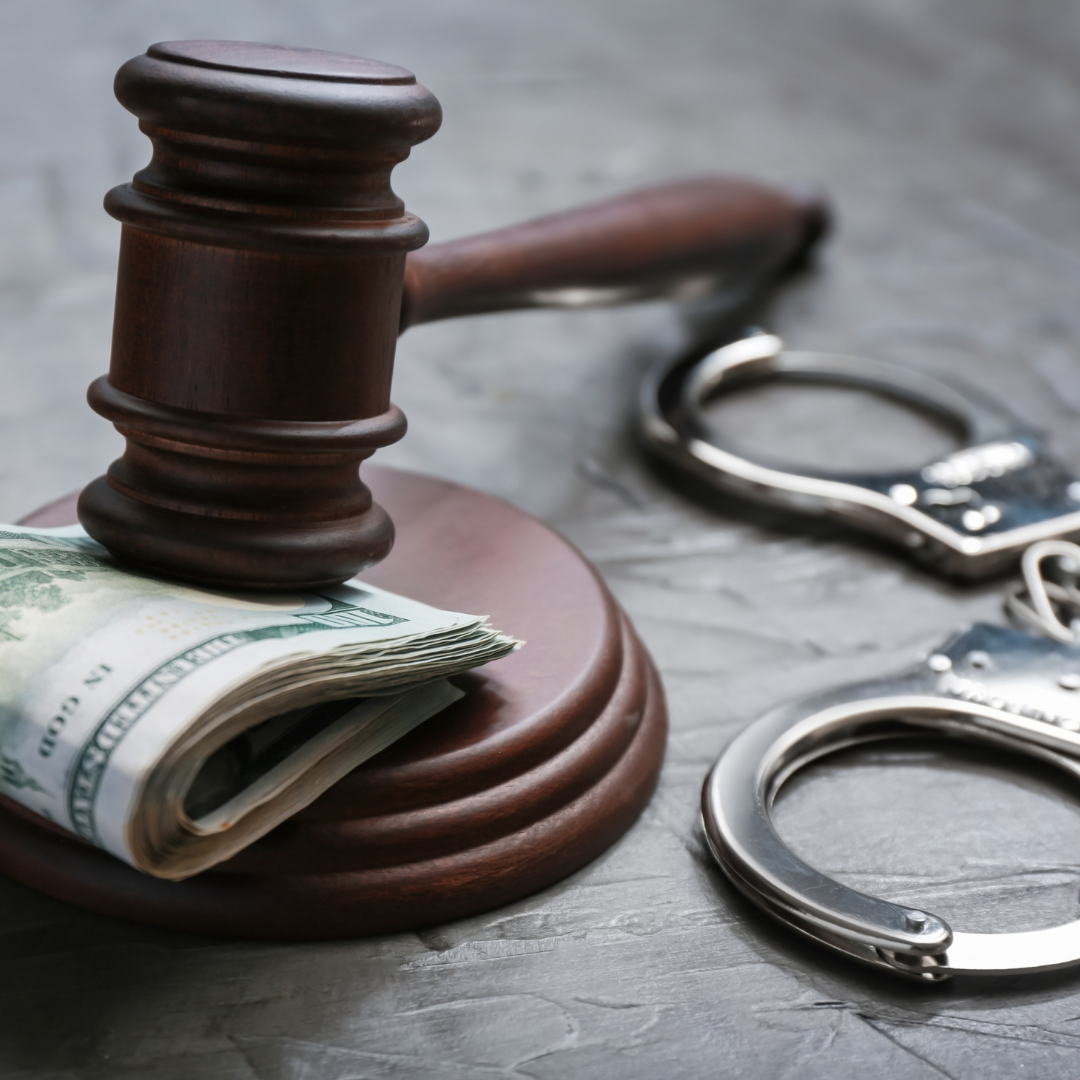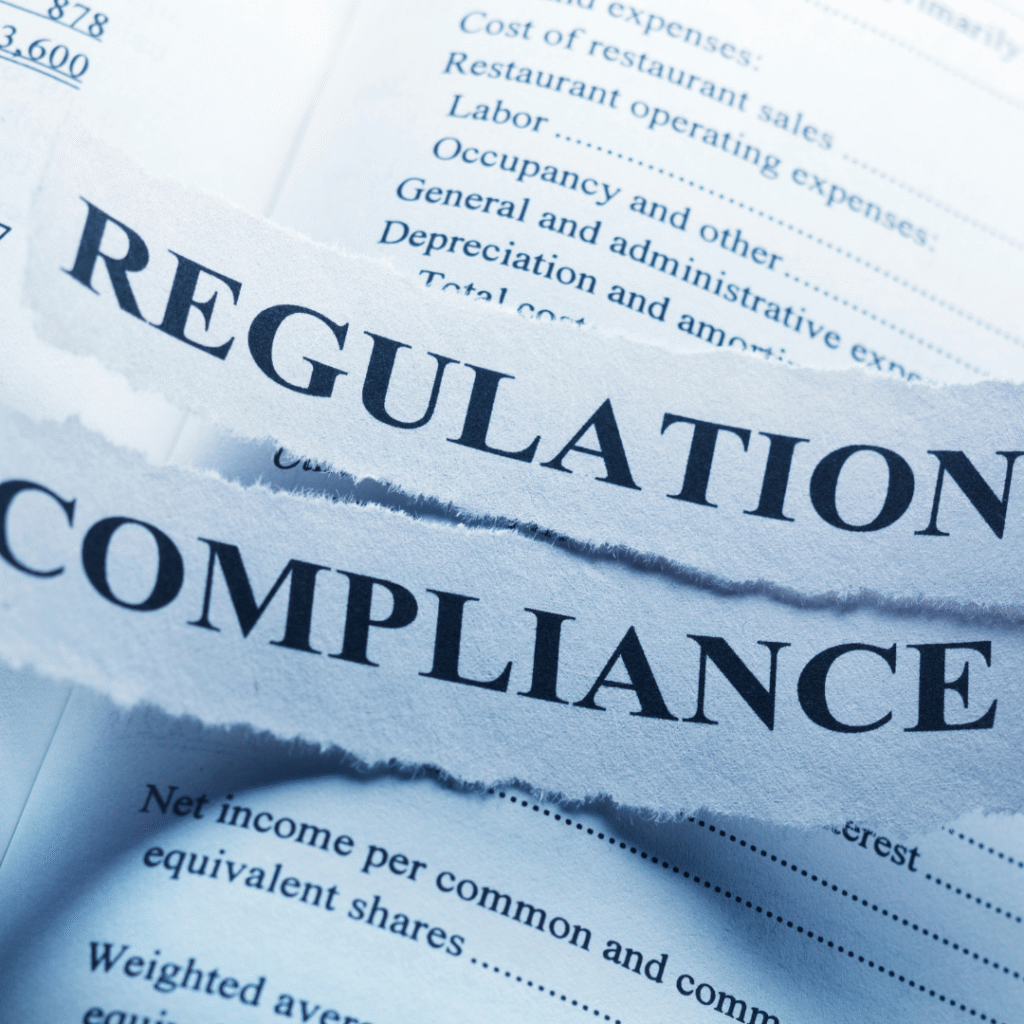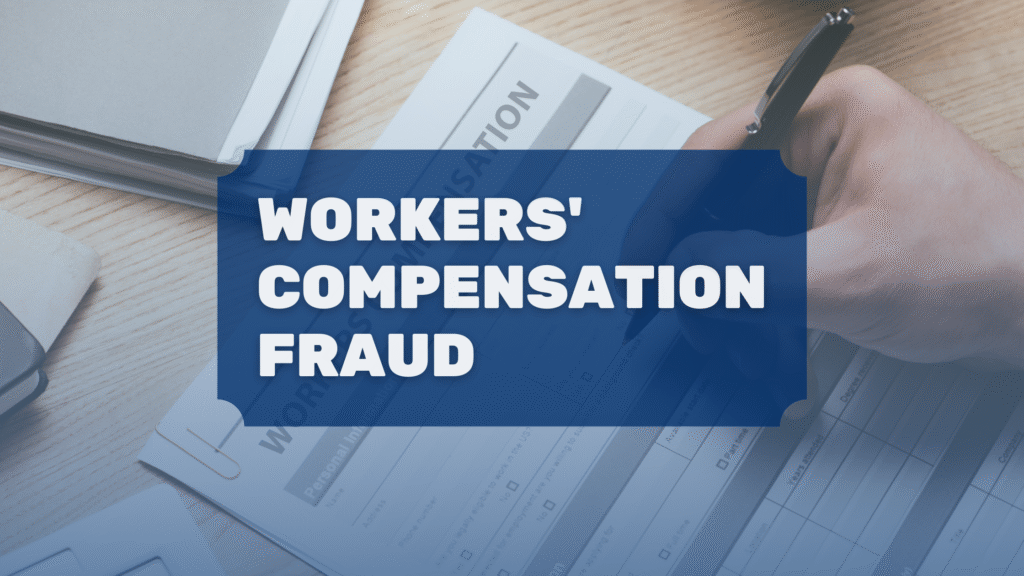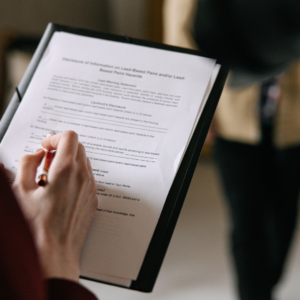July 11, 2025 | JacobiJournal.com – $16M hospice fraud led to guilty pleas from two California residents in a widening Medicare scam, federal prosecutors announced. The scheme involved fraudulent billing for hospice services and laundering millions through shell companies, reflecting the DOJ’s continued focus on prosecuting healthcare crime at all level
How the Fraud Worked
According to court filings, the defendants conspired to submit false claims to Medicare for hospice services that were either medically unnecessary or never delivered. Patient information was manipulated, and documentation was falsified to create the appearance of legitimate end-of-life care. In reality, many of the patients did not qualify for hospice, and some were unaware they had been enrolled at all.
This conduct was a key element of the $16M hospice fraud scheme now under federal prosecution. By exploiting gaps in Medicare’s hospice eligibility verification process, the conspirators were able to generate millions in unlawful reimbursements. The $16M hospice fraud case also highlights how vulnerable patient records can be misused, particularly when oversight mechanisms fail. Authorities have emphasized that such manipulation not only defrauds the system but may impact patient care by interfering with their medical histories and future eligibility for benefits.
Larger Investigation Unfolds
These pleas are part of a wider investigation involving multiple co-defendants across California and other states. The Department of Justice confirmed that the defendants also took part in laundering the proceeds through shell companies and fraudulent financial transactions.
Federal prosecutors emphasized that each guilty plea strengthens their case against the broader network behind the scam. Authorities are continuing efforts to recover misused funds and pursue remaining individuals tied to the fraud.
The $16M hospice fraud scheme has drawn national attention due to its scale and coordination. Investigators are now analyzing financial records, communications, and business filings to trace the full extent of the operation. Law enforcement sources suggest the fraudulent activity may have extended over several years and involved actors in the healthcare, finance, and legal sectors. With more defendants likely to be charged, the DOJ has framed the case as a critical example of its broader initiative to root out large-scale healthcare fraud that endangers patients and drains federal resources.
A Signal to the Industry
The case underscores how financial crime within healthcare continues to evolve—and how regulators are sharpening their focus on compliance enforcement. With sentencing pending, both defendants face potential prison time and restitution orders. Federal agencies say more charges are possible as the investigation unfolds.
The $16M hospice fraud case serves as a stark reminder to providers and organizations operating in the healthcare sector that federal oversight is intensifying. As digital records, billing platforms, and reimbursement systems become more sophisticated, so do attempts to exploit them. This prosecution demonstrates that law enforcement agencies are prepared to dismantle entire networks, not just penalize individuals, when fraud is detected.
For professionals working in compliance, billing, and provider administration, the case highlights the importance of strong internal auditing, ethical oversight, and transparent documentation. As the healthcare industry continues to shift toward value-based and end-of-life care models, the government is making clear that any abuse of these systems will be met with aggressive legal action.
To read more information about this case, visit Justice.gov.
FAQs: About the $16M Hospice Fraud Guilty Pleas
What were the defendants accused of in the $16 million hospice fraud scheme?
The defendants admitted to submitting false claims to Medicare for hospice services that were either medically unnecessary or never provided. They also engaged in money laundering to conceal the proceeds of the fraud.
How did the fraud scheme exploit Medicare and patients?
The scheme used falsified documentation and enrolled patients—many of whom did not qualify for hospice—without proper medical justification. Some patients were unaware they were listed as receiving end-of-life care, which could affect their future access to legitimate medical services.
What are the potential penalties for those who plead guilty?
Each defendant faces a potential federal prison sentence, restitution orders, and fines.
Why is the $16M hospice fraud case significant to Medicare oversight?
This case exposes vulnerabilities in Medicare’s hospice billing system and underscores the importance of regulatory oversight. The Department of Justice is using this $16M hospice fraud as an example to signal stronger enforcement and deter future abuse of federal healthcare programs.
Get the latest updates on healthcare fraud — subscribe to JacobiJournal.com for in-depth reporting delivered directly to your inbox.
🔎 Read More from JacobiJournal.com:
- Man Pleads Guilty in $16M Medicare and Money Laundering Scheme
- California DME Provider Sentenced in $61 Million Medicare Fraud Case
- National Health Care Fraud Takedown: California Defendants Charged in $14.6B Scam
- OJ Indicts 49 in $1.17 Billion Telehealth Genetic Testing Fraud
- Home Health Agency Owner Convicted for $400K in Medicare Fraud via Falsified Records





